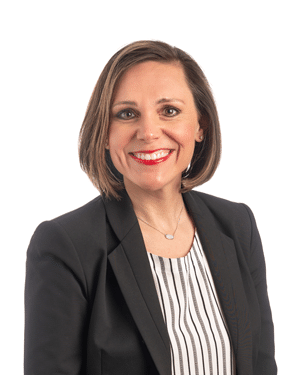 chrispecoraro / E+
chrispecoraro / E+
University of Arkansas Student Dental Hygiene Clinic Reaches Out to Afghan Refugees
Dental hygiene students have really stepped up to help these new residents improve their oral health.

Little Rock, Arkansas may not be the first place that comes to mind when thinking about the resettlement of Afghan refugees, but it is now home to 11 families from Afghanistan who have sought new lives in the United States. Two mosques, a synagogue, and six Christian churches have joined together to ensure these new US residents have everything they need to get settled.
Under the auspices of Catholic Charities, this group has provided everything from housing to transportation to navigating the American cultural landscape. Another important facet of supporting these new Little Rock residents is accessing dental care.
The University of Arkansas for Medical Sciences (UAMS) Student Dental Hygiene Clinic has joined this collaborative team to help the refugees achieve and maintain their oral health. Claire Tucker, EdD, RDH, chair of the Department of Dental Hygiene at UAMS, provided some insight on this important endeavor.
1. How did the UAMS get involved in providing dental care to this population?
Stephanie Gardner, PharmD, EdD, provost of UAMS, presented our dental hygiene program with a unique opportunity to collaborate with Catholic Charities, the UAMS College of Medicine, and UAMS General Practice Residency (GPR) program in treating Afghan refugees. The College of Medicine recognized the value of providing dental services to this population. The program humbly embraced the opportunity to serve the oral health needs of the refugees. Following medical evaluations, the refugees began dental hygiene care in the UAMS Student Dental Hygiene Clinic. Refugees needing restorative work were referred to and treated by the UAMS GPR.
2. What are some of the challenges in providing dental care to these patients?
The main challenges included linguistic and cultural barriers. However, these challenges were overcome with an on-site Afghan translator along with phone translation. Another challenge has been the logistics in scheduling patients to ensure their needs were met.
3. What are the prospective outcomes of this project?
Many of the refugees had never received dental care prior to their experiences at our clinic. Our program provided dental hygiene care to more 40 Afghans. A third of the refugees required periodontal therapy. The program will continue to serve the refugee population as needed.
In addition to improving the oral health of the refugees, the project significantly impacted dental hygiene faculty and students. Faculty and students reported that this experience increased their empathy toward different cultures and provided a better understanding of the struggles faced by refugees resettled in the US. In addition, faculty and students also noted that this experience increased their confidence in interacting with people from different cultural backgrounds.

